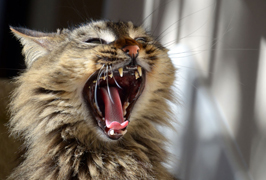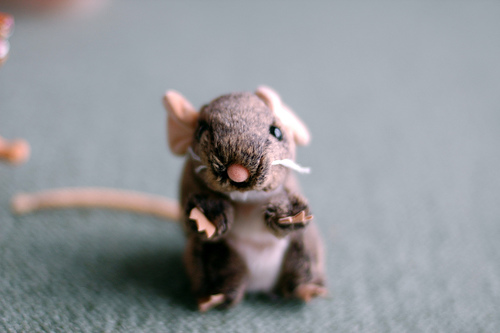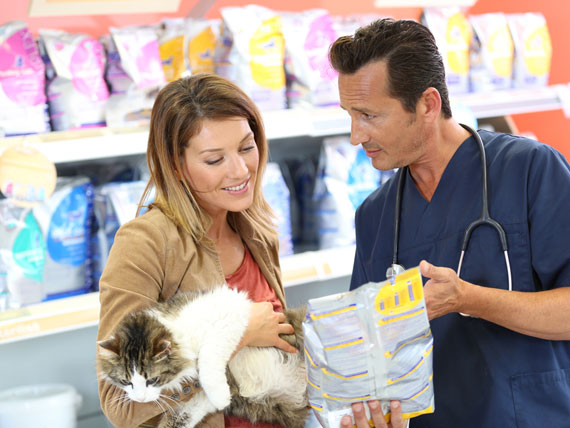Many pet care-givers are convinced that Veterinarians are highly trained to dispense nutritional advice. Their beliefs are so strong that they never second guess it. Cats owners opinion of Vets is so engrained that they never even think that this belief could be wrong.
When we see commercial pet food ads on TV or read their ads in print, we have no reason to doubt their claims. So we, the trusting public, is so convinced by their ads we put the nutritional needs of our pets in their hands.
For the most part, we are trusting people and therefore we have no reason to doubt their claims. When the commercial pet food companies put a high price on their food, we are totally convinced that their product is good
That's what they say but can it be true?
Little nutritional training to Vets is administered in Vet schools and that training is often given by persons that are loyal to the pet food companies. The commercial pet food companies donate money, equipment, banners and free food to Veterinarian schools. What a great long-term business plan - it's buying loyalty and it puts money in the pockets of commercial pet food companies and the Veterinarians.
Barring any independent research by the Veterinarian, this bought loyalty will continue throughout the Veterinarian's career
What about the food the pet food companies claim to be wholesome, nutritional, 100% natural and complete? That statement is false. Our domestic cats are descendents of the wild cats that roam the African and Asian Continents. Domestic cats' diets should mimic their predecessors. However, today's commercial pet foods are chocked with harmful, processed and often toxic ingredients.
Most pet food company's products contain grains. Cats are obligate carnivores and because of this, commercial pet foods are full of ingredients they should never eat. The digestive physiology of carnivores is ill-suited to digest these ingredients and they often cause illnesses.
Then there are the preservatives both artificial and natural. Ethoxyquin, butylated hydroxyanisole (BHA) and butylated hydroxytoluene (BHT) are artificial preservatives and all have been linked to cancer and other health-related problems. Although the Food and Drug Administration has received numerous complaints from consumers that fed their pets food containing these preservatives, the FDA has refused to act.
Evidence strongly suggests that many Veterinarians have been bought and paid for by the pet food industry. Moreover, it's unreasonable for us to think they can provide unbias, independent advice regarding our cats' nutritional needs. Vets lack the training to offer nutritional advice on our pets and making money takes presidence over independent research - educating themselves on the proper nutrition required for our pets should be their main concern but it's not.
Selling harmful foode to you for your pets is a blatant disregard to the creed they swore to uphold "First do no harm."
It's incumbent on you to learn what foods are beneficial for your cat(s). You need to take control of their diets thereby ensuring that they are getting wholesome foods that are beneficial to them.

 Cat Teeth - All About Cat Teeth & Their Care
Cat Teeth - All About Cat Teeth & Their Care Teeth are a
Cat Teeth - All About Cat Teeth & Their Care
Cat Teeth - All About Cat Teeth & Their Care Teeth are a
 How to Tell if Your Online Cat Food Search is Accurate
By Cheryl Lock
These days
How to Tell if Your Online Cat Food Search is Accurate
By Cheryl Lock
These days
 Wanted: The Perfect Cat Toy
Cats love playing as much a
Wanted: The Perfect Cat Toy
Cats love playing as much a
 6 Signs it’s Time to Change Your Cat’s Food
Choosing a cat food can be a painstaking proc
6 Signs it’s Time to Change Your Cat’s Food
Choosing a cat food can be a painstaking proc
 How to Litter Train a Cat
By Shara Rutberg
Most cats will
How to Litter Train a Cat
By Shara Rutberg
Most cats will